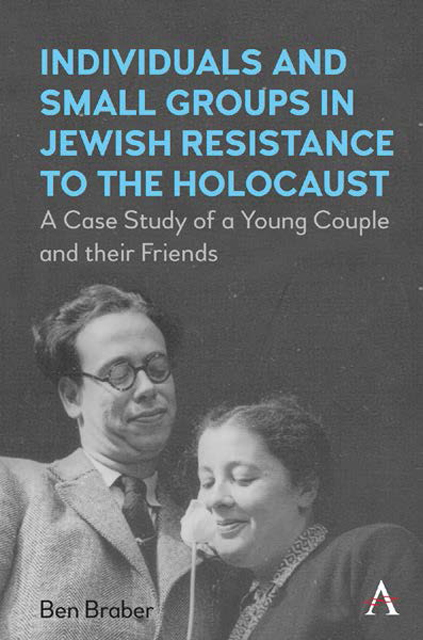 Individuals and Small Groups in Jewish Resistance to the Holocaust
Individuals and Small Groups in Jewish Resistance to the Holocaust Summary
It's easy to stand out in a flat country. And when that country is small and you’ve been noticed, hiding is hard. So, where could Ter and Nol go after they found the police on their trail in 1942?
On the eve of the Second World War, less than nine million people inhabited the Kingdom of the Netherlands on the western outskirts of the European continent, where the Rhine, Meuse and Scheldt flow into the North Sea. About a quarter of the land fell below sea level. Large stretches in the north and west had been reclaimed from river estuaries and sea inlets. They were surrounded with dykes and, despite occasional floods, protected by an ingenious polder system powered by windmills, steam engines and electrical pumps. Agriculture, notably cattle breeding and milk farming, dominated the green landscape, where countless rivers, canals and ditches cut through the soggy soil. Foremost among numerous lakes was the IJsselmeer that had been created in 1932 by the completion of a dam with a length of 32 kilometres between the provinces of North Holland and Friesland to separate the South Sea from the North Sea. The horizon was broken up by church steeples in towns and villages. Much of the urban wealth was founded on trade, including a share of the transatlantic slave trade, and exploitation of colonies, involving the subjection of their native population and application of slave labour.
For centuries Jews had lived in the Netherlands, and by 1939 they were becoming an integrated yet still distinctive part of Dutch society. In 1930, at the last official population count before the outbreak of war, 111,917 persons were registered as a member of a Jewish religious congregation. That was a comparatively small group, forming just over 1 per cent of the total Dutch population. In addition, at the time of the census on 31 December 1930 there were about 30,000 persons who weren't officially counted as Jews because they didn't belong to a Jewish congregation, but who can be regarded as Jews. The Jews formed a declining population segment. In 1920 the census had counted 115,223 Jews – about 3,000 more than in 1930.
- Type
- Chapter
- Information
- Individuals and Small Groups in Jewish Resistance to the HolocaustA Case Study of a Young Couple and their Friends, pp. 11 - 18Publisher: Anthem PressPrint publication year: 2022


